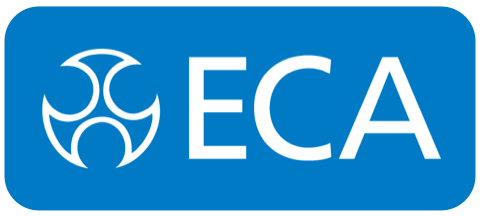|
Managing the risk to the workforce from respiratory infections such as COVID-19
The new guidance sets out actions that businesses should follow to help reduce the spread of infection, including ensuring adequate ventilation and encouraging vaccination.
Whilst there is no longer an expectation that every employer will consider COVID-19 explicitly in their risk assessment, employers “should continue to comply with their legal obligations to their staff”.
Although free COVID-19 tests are no longer available for the general public, the Department for Health and Social Care has confirmed that tests will continue to be available to help protect specific groups, including eligible patients and NHS and care staff.
Anyone with a positive COVID-19 test result is advised to try to stay at home and avoid contact with other people for five days (which is generally when they are most infectious).
Headings in the new guidance (link below, with selected extracts from the guidance) include:
Know which symptoms to look out for
The symptoms of COVID-19 and other respiratory infections are (now) very similar so it is not possible to tell if you have COVID-19, flu or another infection based on symptoms alone. The list of symptoms of COVID-19 (along with flu and common respiratory infections) have been extended to include:
- continuous cough
- high temperature, fever or chills
- loss of, or change in, your normal sense of taste or smell
- shortness of breath
- unexplained tiredness, lack of energy
- muscle aches or pains that are not due to exercise
- not wanting to eat or not feeling hungry
- headache that is unusual or longer lasting than usual
- sore throat, stuffy or runny nose
- diarrhoea, feeling sick or being sick.
Actions to reduce the spread of respiratory infections, including COVID-19
Encourage and enable vaccination
A COVID-19 vaccination guide for employers contains information on actions employers can take to enable (rather than mandate) staff vaccination.
Fresh air/ventilation
The HSE provides guidance on how to assess and improve ventilation in line with requirements under Workplace (Health, Safety and Welfare) Regulations 1992.
Maintain a clean workplace
Staff can be supported to maintain a clean working environment by providing cleaning products, soap and hot water, and/or sanitiser.
There is specific guidance for people whose immune system means that they are at higher risk because they have a reduced ability to fight infections such as COVID-19. Employers may wish to consider the needs of employees at greater risk from COVID-19, including (but not necessarily restricted to) those whose immune system means they are at higher risk of serious illness from COVID-19.
Risk assessment
Employers may choose to continue to cover COVID-19 in their risk assessments (and should) continue to comply with the requirements for cleaning, ventilation and welfare facilities in the Workplace (Health, Safety and Welfare) Regulations 1992 and/or the Construction Design and Management Regulations 2015 to control occupational health and safety risks.
www.gov.uk/guidance/reducing-the-spread-of-respiratory-infections-including-covid-19-in-the-workplace
ECA’s eRAMS (free to Members) may be a useful way of recording your risk assessments, for any hazard.
|
